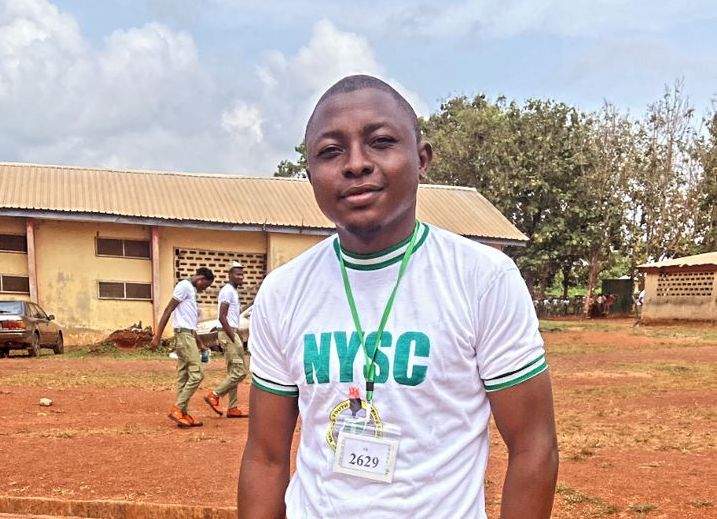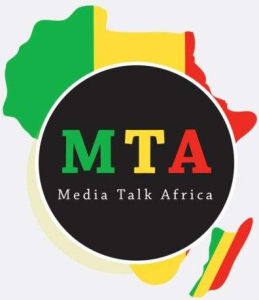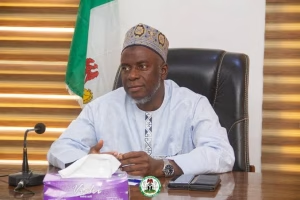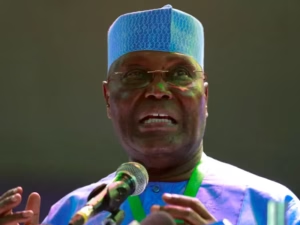In the sprawling cities of Cotonou and Togo, the shadowy industry of fast-tracked degree acquisition has established a robust presence, catering to individuals seeking academic shortcuts. This practice raises serious concerns and impacts the job market, pitting underqualified “graduates” against those who diligently pursued traditional routes to obtain their degrees.
Our intrepid reporter, Umar Audu, delved into this murky world, assuming an undercover identity to unravel the mechanics behind this academic deception. With a willingness to play the game, he infiltrated a syndicate peddling expeditious degrees from purported universities in Cotonou.
In a matter of weeks, Umar obtained a certificate and transcript from Ecole Superieure de Gestion et de Technologies (ESGT) in Cotonou, Benin Republic. Astonishingly, the paperwork portrayed him as a legitimate product of the institution, imbued with a fabricated academic history that would deceive the uninitiated.
Further investigation unearthed a web of collaboration between the diploma racketeers and key personnel within the university, indicating a systemic flaw that emboldens this subterfuge. Complicit figures at the forefront of ESGT’s administrative hierarchy, including a Nigerian registrar and English section coordinator, bolster the illusion of credibility to these faux credentials.
The article continues to chronicle Umar’s journey, from navigating the labyrinthine process of securing an evaluation letter for National Youth Service Corps (NYSC) mobilization to seamlessly participating in the scheme for a second time. The rigorous verification process ultimately succumbed to the artifice, enabling Umar to receive posting to Cross Rivers for a year-long service.
Through evocative storytelling and firsthand accounts, our reporter vividly recounts his experience at the orientation camp in Obubra, offering readers a rare glimpse into the surreal world where fabricated achievements coexist with genuine aspirations.
This exposé shines a searing spotlight on the precarious intersection of corruption, desperation, and the erosion of academic integrity within the African educational landscape. It urges for stringent measures to curb this insidious practice and emphasizes the need for a robust vetting process to safeguard the sanctity of educational credentials.
Navigating the Underworld of Foreign Degrees and the National Youth Service Corps (NYSC) in Nigeria
In a compelling journey through the underbelly of foreign degrees and the National Youth Service Corps (NYSC) in Nigeria, Umar Audu recounts his challenging experience at the Obubra NYSC Orientation Camp, Cross River State, in a story filled with intrigue, corruption, and bureaucratic ineptitude.
Audu’s odyssey begins with a circuitous route to the camp, highlighting the absence of a direct flight to Calabar, the intended destination. This inconvenience sets the stage for the labyrinthine process that foreign graduates, particularly those from unaccredited institutions, have to navigate to participate in the NYSC.
Upon arrival at the camp, Audu is confronted with a tangle of security checks and bureaucratic procedures, emphasizing the rigorous screening process put in place by the NYSC to weed out individuals with dubious credentials. The stark dichotomy in the registration process for foreign and home-trained graduates further underscores the complexities of verifying foreign degrees.
Audu’s account delves into the heart of the issue, shedding light on the proliferation of substandard degrees and the blacklisted institutions in neighboring countries. The exposé unravels a web of corruption, with government agencies complicit in the validation of qualifications from dubious institutions. The involvement of corrupt officials in the Federal Ministry of Education, Nigerian Immigration Services, and other government bodies paints a chilling portrait of a system rife with malfeasance.
The narrative takes an even more ominous turn as Audu unveils the inner workings of the syndicate perpetuating the “importation” of counterfeit degrees into the country. The culpability of the Department of Education Support Services at the Federal Ministry of Education, particularly under the leadership of Giginna Lydia Ifeyinwa, is starkly brought to the fore. The committee’s discoveries, including the absence of requisite approvals for English language instruction in certain foreign universities, cast a pall over the entire accreditation process.
The report meticulously captures the responses of key stakeholders, from the Ministry of Education and the NYSC to the Nigerian Immigration Service, offering a panoramic view of the systemic failures and attempts to deflect accountability. These responses further underscore the magnitude of the problem and the dire need for comprehensive reforms to stem the tide of academic fraud and corruption.
As Audu peels back the layers of deception and inefficacy, the international community is given a sobering look at the challenges plaguing the validation of foreign degrees and the integrity of the NYSC. The far-reaching implications of these revelations reverberate beyond Nigeria’s borders, serving as a cautionary tale for countries grappling with the recognition and authentication of foreign credentials.
Amid the labyrinthine complexities and pervasive corruption, Audu’s narrative stands as a testament to the unwavering commitment to journalistic integrity and the pursuit of truth. It is a clarion call for sweeping reforms and heightened scrutiny in the validation of foreign degrees, ensuring that the integrity of national service programs remains unassailable.
In collaboration with the Wole Soyinka Center for Investigative Journalism and the MacArthur Foundation, this report underscores the indispensable role of investigative journalism in unearthing systemic malaise and advocating for meaningful change.
Umar Audu’s firsthand chronicle epitomizes the tenacity of the human spirit amidst institutional deceit, igniting a global conversation on the precarious intersection of foreign academic credentials and national service, and the imperative of combating endemic corruption.
This comprehensive exposé is a testament to the power of informed journalism in illuminating the shadows of malfeasance and catalyzing transformative action on a global scale.





